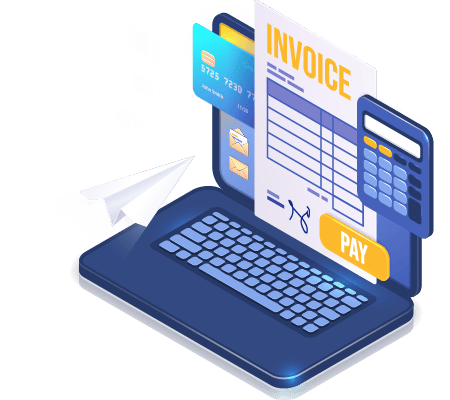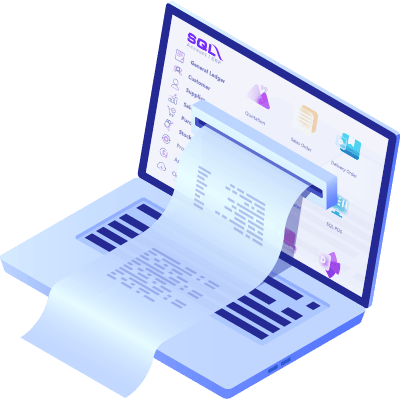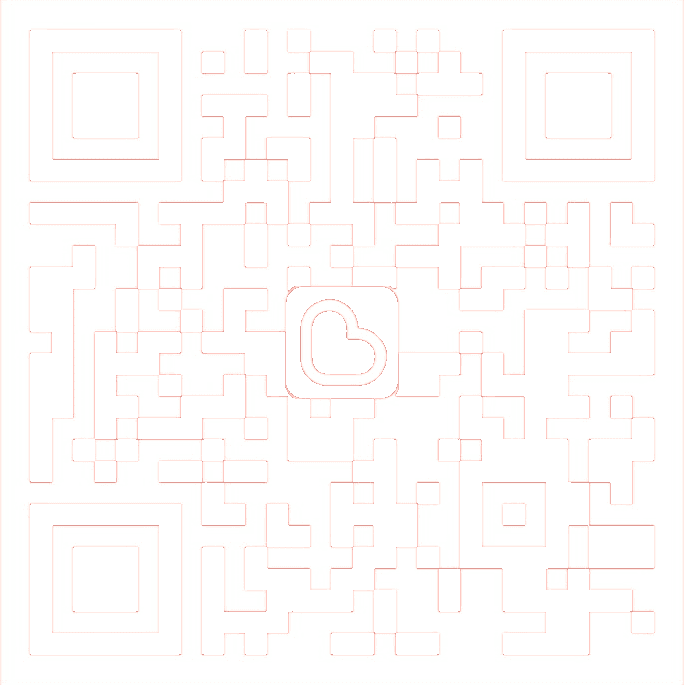
Who Must Comply with E-Invoice and Who Can Be Exempted from E-Invoice?
This guide provides a comprehensive overview of Malaysia’s e-invoicing requirements, including industries affected, mandatory compliance criteria, and exemptions.

Which Industries Need To Comply with E-Invoicing?
e-Invoice covers typical transaction types such as B2B, B2C, and B2G. For B2G transactions, the e-Invoice flow will be similar to B2B. e-Invoice applies to all taxpayers undertaking commercial activities in Malaysia.
All individuals and legal entities are required to comply with e-Invoice requirement, including:
- Association;
- Body of persons;
- Branch;
- Business trust;
- Co-operative societies;
- Corporations;
- Limited liability partnership;
- Partnership;
- Property trust fund;
- Property trust;
- Real estate investment trust;
- Representative office and regional office;
- Trust body; and
- Unit trust.
In relation to certain B2C transactions where e-Invoices are not required by the end consumers to support the said transactions for tax purposes, Suppliers will be allowed to issue a normal receipt or invoice in accordance with the current practices adopted by Suppliers. After a certain period or timeframe, Suppliers would be required to aggregate the normal receipts or invoices issued to end consumers and issue a consolidated e-Invoice to support the transactions made with end consumers
Are all industries included in the e-Invoice implementation?
Are there any industries exempted?
Currently, there are NO industries that are exempted from the e-Invoice implementation. Note that certain persons and types of income and expenses are exempted from e-Invoice implementation.
Who's Exempt from E-Invoice Implementation?
While e-Invoicing is a mandatory requirement for all taxpayers, certain individuals are presently exempt from the obligation to issue e-Invoices, including the issuance of self-billed e-Invoices as below:
- Ruler and Ruling Chief
- Former Ruler and Ruling Chief
- Consort of a Ruler of a State having the title of Raja Perempuan, Sultanah, Tengku Ampuan, Raja Permaisuri, Tengku Permaisuri or Permaisuri
- Consort of a Former Ruler of a State previously having the title of Raja Perempuan, Sultanah, Tengku Ampuan, Raja Permaisuri, Tengku Permaisuri or Permaisuri
- Government
- State government and state authority
- Government authority
- Local authority
- Statutory authority and statutory body
- Facilities provided by the above government, authority or body (e.g., hospital, clinic, multipurpose hall, etc.)
- Consular offices and diplomatic officers, consular officers and consular employees
Hence, the above-mentioned persons are not required to issue an e-Invoice (including self-billed e-Invoice). For tax purposes, the receipts / bills / invoices issued by the above-mentioned purposes would be used as proof of expense.
Suppliers who provide goods or services to the persons listed above are required to issue e-Invoice, in accordance with the implementation timeline.
The exemption only be applicable to said persons. Any entities (e.g., companies, limited liability partnership, etc.) owned by the above-mentioned persons would still be required to implement e-Invoice, in accordance with the e-Invoice implementation timeline
However, in relation to transactions with persons above, Suppliers are allowed to replace the Buyer’s details with the information stated in the e-Invoice Specific Guideline.
What type of income or expenses are exempted from e-invoice?
The IRBM acknowledged there are various challenges in issuing e-Invoices for certain types of income or expense. To ease the adoption of e-Invoice, an e-Invoice (including self-billed e-Invoice) is not required for the following types of income or expense:
- Employment income
- Pension
- Alimony
- Distribution of dividend in specific circumstances (Refer to Section 11 of e-Invoice Specific Guideline for more details)
- Zakat
- Scholarship

Embrace Seamless E-Invoicing Compliance with SQL Accounting

As the e-invoicing mandate approaches, businesses must stay informed and take proactive steps to ensure compliance. By understanding the requirements, affected industries, and exemptions, businesses can effectively navigate the e-invoicing landscape and reap the benefits of digitalization. With SQL Accounting software, the number 1 Accounting Software trusted by more than 320,000 businesses, you can streamline your e-invoicing process and ensure compliance with all e-invoice rules and regulations.
SQL Accounting software automates the entire e-invoicing process, from generating e-invoices to submitting them to the relevant authorities. Saving you to manual insert 38 mandatory fields + 13 optional fields for each e-invoice. This eliminates the need for manual data entry and reduces the risk of errors, saving you time, money, and effort. Additionally, SQL Accounting software is compliant with all e-invoice rules and regulations, so you can be confident that your business is operating in full compliance with the law.
Start using SQL Accounting today and let our software automate your e-invoicing process, ensuring seamless compliance and empowering you to focus on your core business activities.
E-Invoicing Video
SQL Accounting Software Favoured Features
SQL Account is an accounting software that is suitable for all businesses, from small businesses to large organizations. It is crucial to find a business solution that suits you. We cater for every industry. Small business, cloud accounting software, to on-premise accounting software, choose the best fit for your business. SQL Account is user friendly & can be integrated with no fuss.
Free Download Accounting Software trial to experience our accounting software.

Access Anytime, Anywhere

Batch Emails Statements

Special Industries Version

Real-Time CTOS Company Overview Reports

Advance Security Locks







